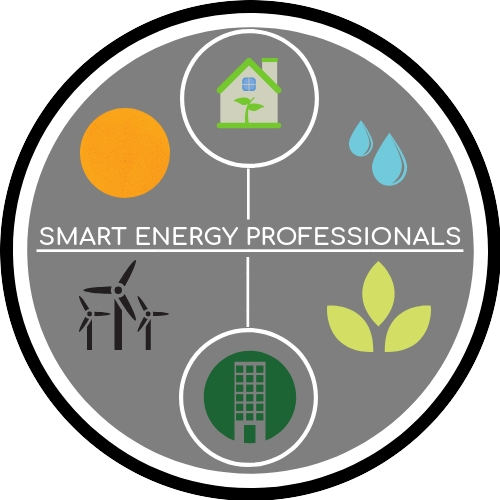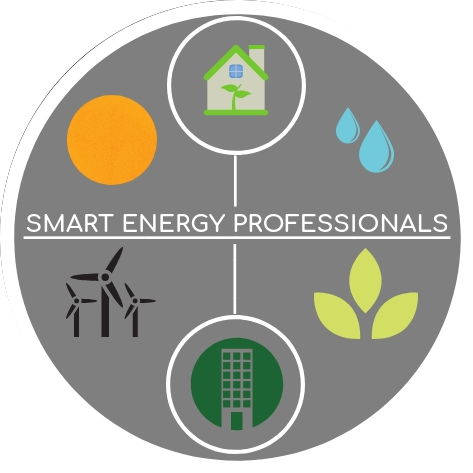Eco Friendly
What’s Eco Friendly Insulation?
Eco-friendly insulation refers to insulation materials and methods that prioritize sustainability and environmental friendliness. These insulation options aim to minimize their carbon footprint, reduce energy consumption, and promote resource conservation.
What are the different types of spray foam insulation?
Recycled Materials: Insulation made from recycled materials, such as recycled paper, cardboard, or denim (cotton fibers), helps reduce waste and repurpose materials that would otherwise end up in landfills.
Natural Fibers: Insulation materials derived from renewable and natural sources, such as sheep's wool, hemp, or cork, are considered eco-friendly. These materials have low embodied energy and are biodegradable, making them environmentally sustainable.
Low-impact Manufacturing: Insulation products manufactured using low-energy processes and minimal chemical additives help reduce environmental impact. This includes insulation materials that require less energy or water during production.
High Energy Efficiency: Insulation that provides excellent thermal performance and effectively reduces heat transfer helps lower energy consumption in buildings. By minimizing the need for artificial heating and cooling, it contributes to reduced greenhouse gas emissions.
Non-toxic and Low Emissions: Eco-friendly insulation options prioritize low levels of volatile organic compounds (VOCs) and other harmful emissions. They promote healthier indoor air quality and reduce the potential negative health impacts associated with conventional insulation materials.
Renewable and Sustainable Resources: Insulation materials sourced from rapidly renewable resources, such as plant-based materials like bamboo or straw, contribute to sustainability. These resources can be replenished quickly, reducing the strain on ecosystems.
Choosing eco-friendly insulation not only benefits the environment but also promotes healthier living spaces, energy efficiency, and sustainability. When considering insulation options, look for certifications such as GreenGuard, LEED, or Energy Star to ensure the eco-friendly credentials of the products. Consulting with insulation professionals or contractors who specialize in sustainable building practices can provide valuable guidance in selecting the most suitable eco-friendly insulation for your specific needs.
What are the different types of spray foam insulation?
Pros of Eco-Friendly Insulation:
Sustainability: Eco-friendly insulation options utilize recycled, renewable, or sustainable materials, reducing the demand for new resources and minimizing environmental impact.
Energy Efficiency: Eco-friendly insulation materials often provide excellent thermal performance, reducing heat transfer and energy consumption in buildings. This can lead to lower heating and cooling costs.
Improved Indoor Air Quality: Many eco-friendly insulation options have low or no volatile organic compounds (VOCs) and other harmful emissions, contributing to healthier indoor air quality and reducing the risk of respiratory issues.
Reduced Carbon Footprint: By using insulation materials that are derived from recycled content or renewable resources, eco-friendly insulation helps to lower greenhouse gas emissions and combat climate change.
Sound Insulation: Some eco-friendly insulation materials, such as natural fibers, can effectively reduce noise transmission, creating a quieter and more peaceful indoor environment.
Cons of Eco-Friendly Insulation:
Limited Availability: Depending on your location, eco-friendly insulation options may have limited availability compared to conventional insulation materials. This can result in higher costs or longer lead times for sourcing and installation.
Higher Initial Cost: In some cases, eco-friendly insulation materials may have a higher upfront cost compared to conventional options. However, the long-term energy savings and environmental benefits may offset the initial investment.
Performance Variability: The performance of eco-friendly insulation materials can vary based on factors such as moisture resistance, R-value, and application method. It's important to select the appropriate eco-friendly insulation for your specific needs and consult with professionals for proper installation.
Installation Considerations: Some eco-friendly insulation materials may require specialized installation techniques or additional measures for moisture control, vapor barriers, or fire resistance. It's important to ensure that proper installation guidelines are followed to achieve optimal performance.
Compatibility with Existing Structures: Eco-friendly insulation materials may not be compatible with all types of construction or retrofitting projects. Certain structures or building components may require specific insulation solutions that might not align with eco-friendly options.
When considering eco-friendly insulation, it's crucial to evaluate the specific requirements of your project, including cost, availability, performance, and compatibility. Consulting with insulation professionals who specialize in eco-friendly solutions can provide valuable guidance in selecting the most suitable insulation option for your needs while prioritizing sustainability and environmental benefits.
Join the eco-friendly insulation revolution and make a positive impact on your home and the planet! Upgrade to sustainable insulation options that prioritize the environment and your well-being. Experience energy efficiency, reduced carbon footprint, and improved indoor air quality. Our team of experts is ready to guide you through the process, helping you choose the perfect eco-friendly insulation solution for your needs. Embrace sustainability, save on energy costs, and create a healthier living space for generations to come. Contact us today and take the first step towards a greener, more sustainable future with eco-friendly insulation. Together, let's make a difference! Before choosing, it is recommended to consult with Smart Energy Professionals first so we can assess your specific needs and provide guidance on the most suitable insulation solution for your project. Schedule an energy audit today, or contact us if you have questions about if you might have air leaks!

